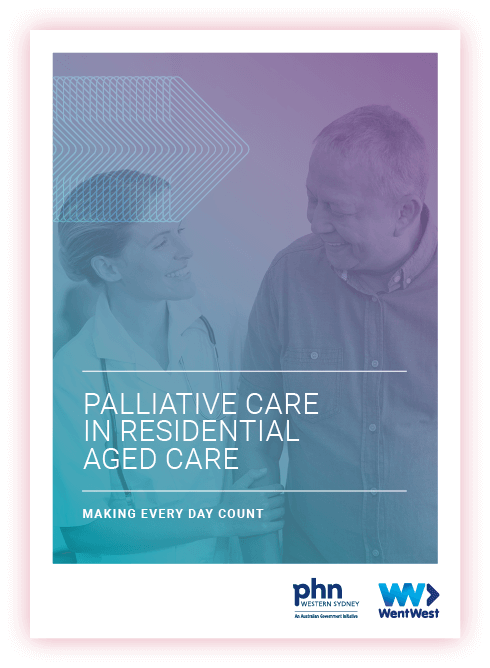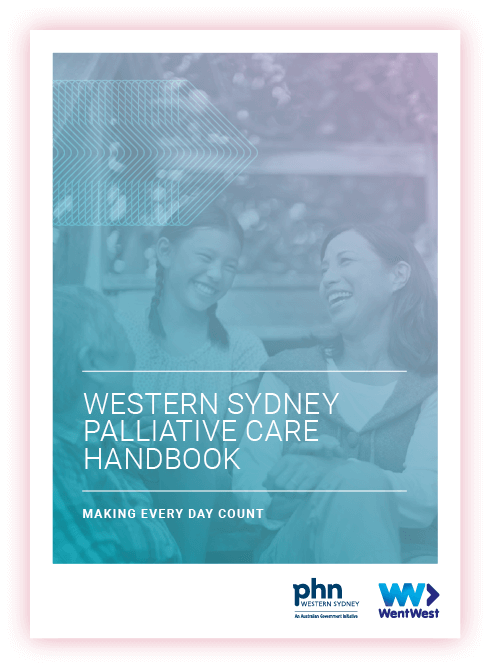Care Finder
The Care Finder program connects vulnerable older people living in the community to care finders who provide a range of support services, from liaising with My Aged Care, to coordinating assessments and navigating the many aged care services that are available. In Western Sydney, Aspire4Life, Your Side, Wesley Mission and Hammond Care are offering the Care Finder service.
On 15 August, we celebrated the official launch of the Care Finder program in Western Sydney.
An initiative of the Commonwealth Government, we are seeing strong support for this type of service from local health professionals, with 30% of referrals coming from GPs and other health professionals.
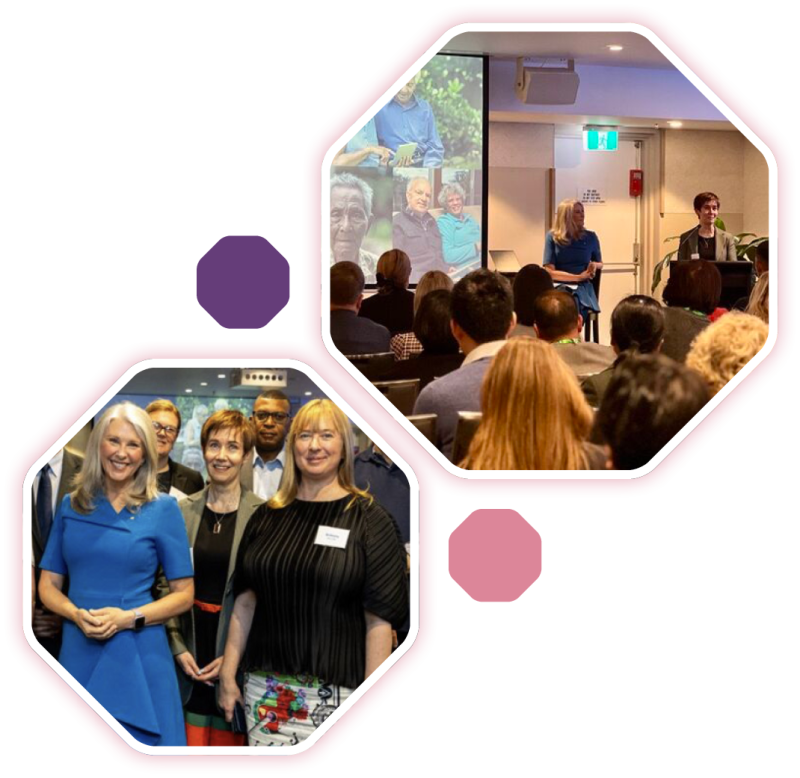
Ms P’s story
Ms P* came to Australia thirty years ago and speaks three languages, including basic English. Most of her contact is in person, as she finds using the phone difficult. Ms P has dedicated her life to caring for her daughter, who is receiving National Disability Insurance Service (NDIS) support. Ms P has been recently diagnosed with dementia and, whilst she was approved for Commonwealth Home Support services, the burden of coordinating these alone and in English, left her feeling overwhelmed and hesitant to get help.
Recognising her financial hardship, frailty and reduced ability to get out and about, her GP referred Ms P to the Aged Care Assessment Team (ACAT) and Carer Gateway, where she was offered a range of support services, including counselling, coaching, peer support, emergency respite and carer directed support. She was encouraged and supported along the way to ensure she was able to explain her needs and that her wishes and preferences were understood.
Thanks to the collaborative efforts of Ms P, her Care Finder and the Carer Gateway, an incredible transformation has occurred in the quality of Ms P’s day-to-day life. She was approved for care services, including transport with a carer to SydWest Multicultural Services for social group activities, cleaning assistance and respite care, until her ACAT assessment was complete. She can now focus on her own wellbeing, building belonging to a supportive community and ensuring she can continue to provide quality care for her daughter.
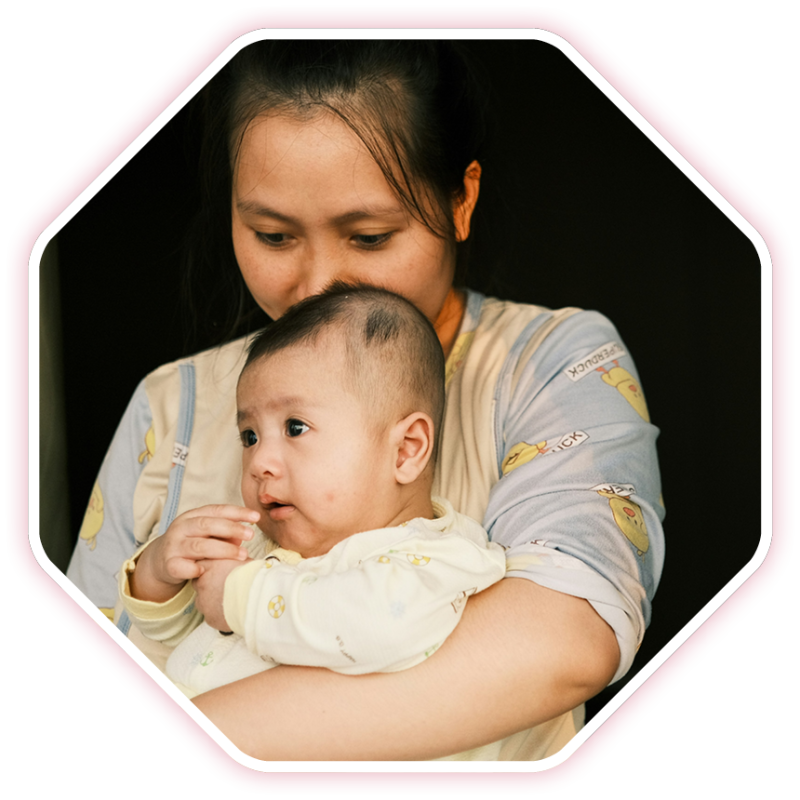
* Name changed to protect the person’s identity.
Still Standing
As we age, we have a greater risk of being unsteady on our feet. This can lead to falls and the risk increases if we have osteoporosis, bone or joint pain. The Still Standing program is a free group exercise and education program run by Accredited Exercise Physiologists to reduce the risk of falling and the chance of a hospital stay. Western Sydney residents who are 65 years and over, or Aboriginal and Torres Strait Islanders 50 years and over, can attend the program at one of seven locations.
Background: Anne*, 92 years of age, presented following a fall and subsequent broken hip.
Support: Anne attended some rehabilitation in the hospital for a couple of weeks before returning home and starting the Still Standing program. Anne attended the program most weeks and improved her strength, knowledge and confidence.
Outcome: Anne has had no falls since starting the Still Standing program and has continued to attend the maintenance classes following completion.
- Her physical function improved by 12% (program average for that year was 6%)
- Her balance improved by 100% (program average for that year was 16%)
- Her mobility improved by 27% (program average for that year was 18%)
- Her leg strength improved by 100% (program average for that year was 33%)
- Her overall falls risk improved from “Very High Risk” to “High Risk”

Dementia Care Navigator
The Dementia Care Navigator program assists people from culturally and linguistically diverse backgrounds to navigate the health system and access the right support services whilst seeking a dementia diagnosis or following a diagnosis.
Each dementia care navigator takes a consumer-centred approach to ensuring continuity of care for patients across the stages of dementia. By imparting knowledge, skills, and interventions to increase dementia and health literacy for clients and the sector, the navigators encourage self-management and respect to maximise wellbeing and positive outcomes.



Dementia Care Handbook
More than 400,000 Australians are living with dementia, 12,000 of those people live in Western Sydney 1 and almost half remain undiagnosed.
We developed a Western Sydney Dementia Handbook to assist patients and their loved ones access information about the types of dementia, early signs and symptoms, how to diagnose dementia and the supports available. The handbook is designed to assist patients, their families and carers with important conversations they need to have.
The development of the handbook is informed by the work undertaken by South Western Sydney Primary Health Network and Dementia Australia.
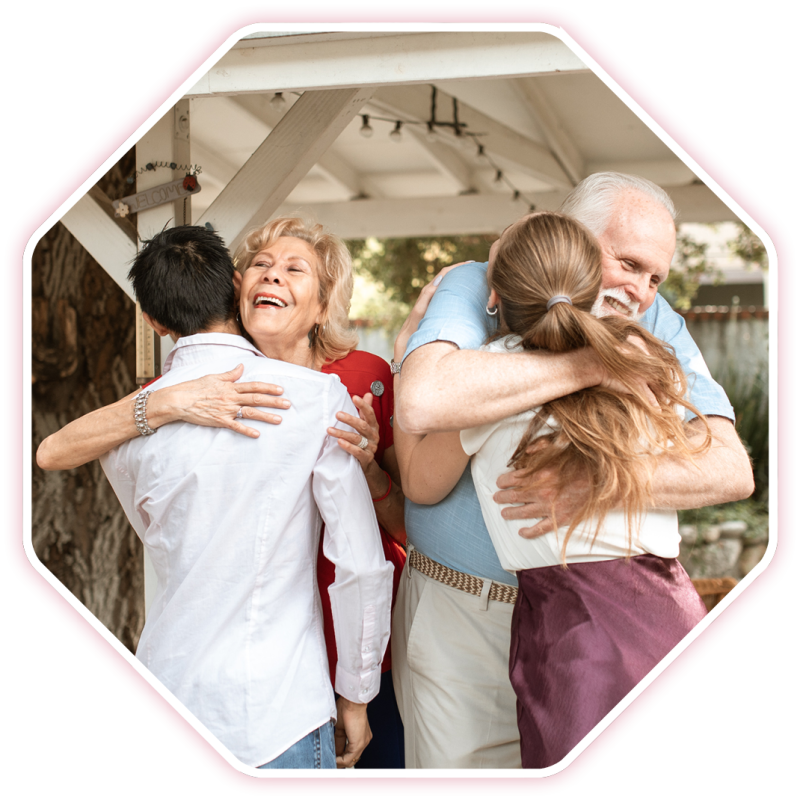
Palliative Care Handbooks
As part of our End of Life and Palliative Care program, we developed two Western Sydney Palliative Care Handbooks to improve patients’ access to palliative care and enhance their quality of life and that of their loved ones.
The Palliative Care Community Handbook and Residential Aged Care Home (RACH) Palliative Care Handbook for Families are also available to health professionals and aged care workers when identifying patients that would benefit from a palliative approach to care and ensuring they receive this care in their place of choice.
The handbooks consider cultural needs, the values and beliefs of patients when delivering palliative care and how to facilitate a dignified death.
The development of these handbooks was informed by the work undertaken by Murrumbidgee Primary Health Network, South Western Sydney Primary Health Network, Palliative Care Australia, palliAGED and CareSearch.
Reference:
- Dementia in Australia, Australian Institute of Health and Welfare, March 2024 https://www.aihw.gov.au/reports/dementia/dementia-in-aus/contents/population-health-impacts-of-dementia/prevalence-of-dementia#prev_comm

